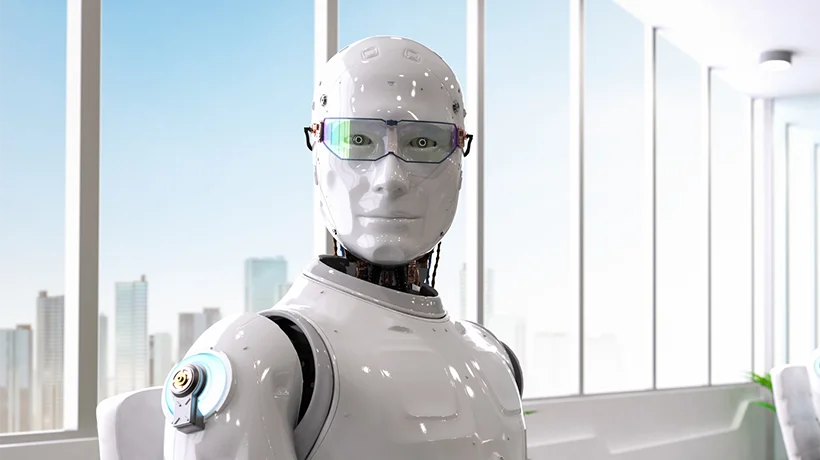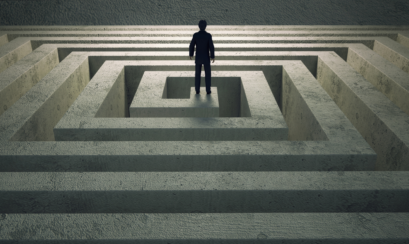Weighing up the pros and cons of a case, discarding irrelevancies, assessing the likelihood of statements being the truth or a lie… it’s all in a day’s work for a judge in a court. But could computers replace judges, if programmed correctly? Could a computer weigh the evidence and decide whether the defendant is guilty or not guilty?
AI as part of the legal judgement process
Early in 2021 the Federal Court of Australia ruled that an inventor can be non-human, meaning that an artificial intelligence (AI) could hold a patent.
This decision was later overturned on appeal, but for the AI it was a shining moment of legal recognition. (Please see Is an inventor necessarily human? Or could it be an artificial intelligence (AI) system as well? Which case won?)
In some overseas courts, AI has been accepted as part of the legal judgment process.
Computers replace judges in small claim disputes in Estonia
The University of NSW reports Estonia has used an AI judge to adjudicate small claim disputes such as contract claims under 7,000 Euros. (Please see Can AI replace a judge in the courtroom?)
Canada has used AI to decide some areas of law such as strata property disputes and motor vehicle claims with a value below a certain amount.
According to Professor Michael Legg at UNSW, computer algorithms can be used to review large numbers of judgements or other data to find the dollar range of compensation awarded for particular injuries, or how to divide property in divorce proceedings.
Prof Legg says a key benefit of predictive analytics is that they can find correlations which are beyond the abilities of the human brain by harnessing enormous amounts of computing power and data. However, the prediction can be inaccurate if the data is biased or incomplete.
Role of AI in predicting judicial outcomes
According to a research paper by UNSW and others, research groups have developed computers which are able to predict the outcomes of decisions in various courts, including the Australian Federal Court and courts in Europe. (Please see AI Decision-Making and the Courts – A guide for Judges, Tribunal Members and Court Administrators, The Australasian Institute of Judicial Administration Inc, June 2022.)
Machine learning programs have been used to predict the outcomes of securities fraud class actions and intellectual property lawsuits. AI has been used to predict decisions by particular judges based on their history.
Courts in China use AI to give judges a warning if their judgement does not match what a database predicted it ought to be, particularly in sentencing, and send a warning to the judge’s superiors.
In the US, AI is used in bail and sentencing to predict the likelihood that an accused will reoffend. One such system, called COMPAS, has been used in more than a million court hearings.
Importance of judges in the legal system
But AI is only as good as the data provided to it. While computers may assist in the administration of courts, they have no place on the judicial bench.
Matters that involve open justice, judicial discretion, procedural fairness, impartiality and even compassion will always need humans to sit in judgement.
For more information please see the articles below.
Predicting recidivism – the questionable role of algorithms in the criminal justice system
Algorithms, artificial intelligence, automated systems and the law














